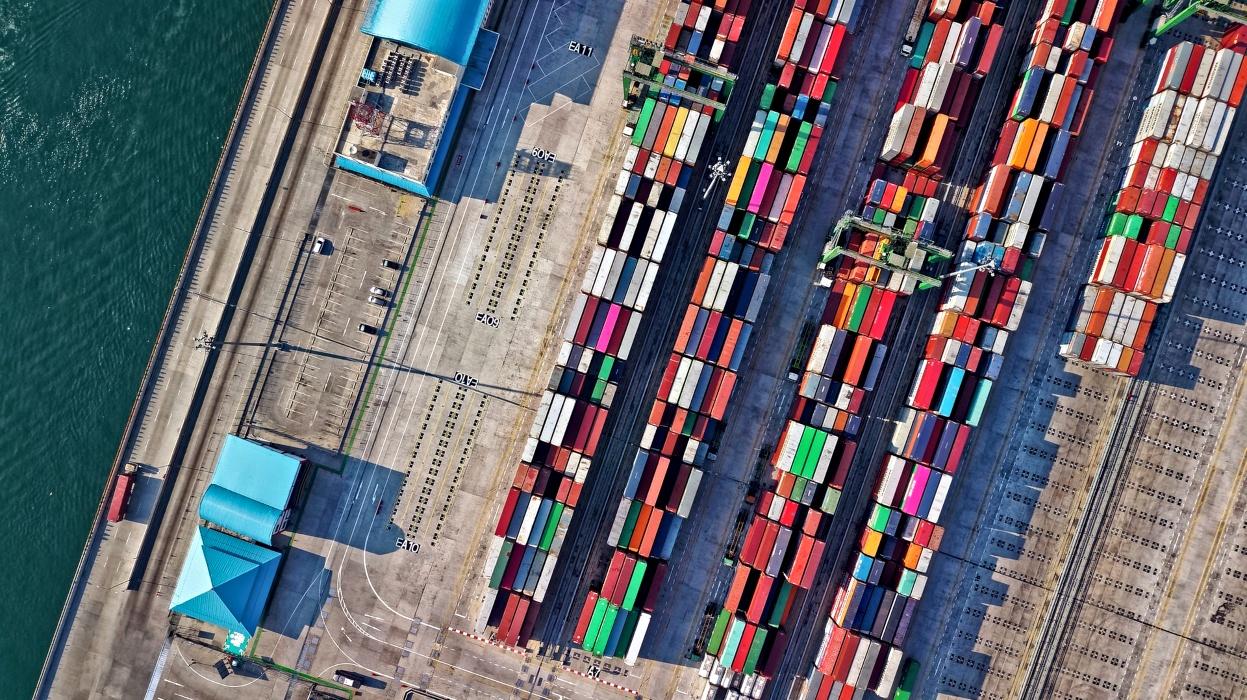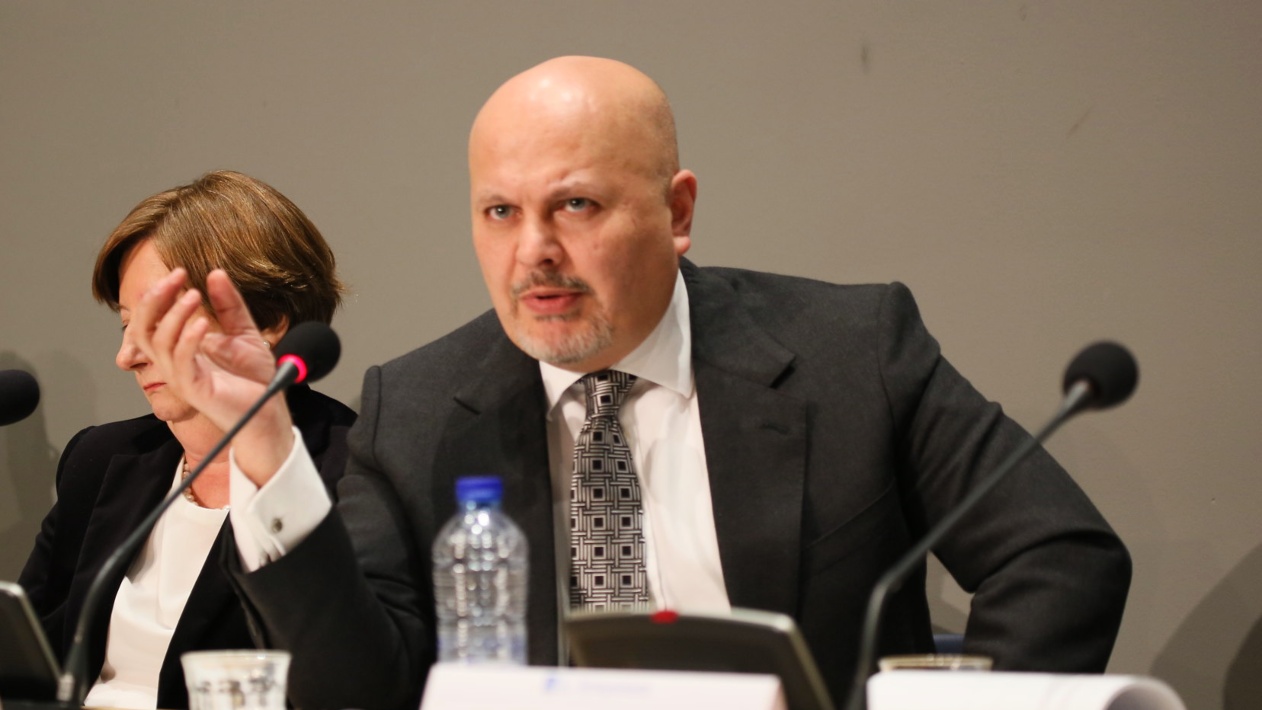Africa is an attractive target of Russia’s strategy for creating a post-liberal international order, in which unconventional tactics undermine democratic governance and expand Moscow’s global influence. Joseph Siegle, Director of Research at the Africa Center for Strategic Studies, describes the paradoxes at the heart of the strategy and what this means for international democratic actors.
Russia has expanded its influence in Africa in recent years, more, arguably, than any other external actor. From its military intervention in Libya and strengthened ties with Algeria and Egypt in North Africa to its support for military governments in Mali and Sudan, the supplanting of France as the principal international partner in the Central African Republic (CAR), and aggressive outreach across southern Africa, Russia is shifting the continent’s governance and security landscape.
Russia has done so despite providing less than 1% of Africa’s foreign direct investment, an investment smaller than made by Mauritius.
Russia’s strategic aims
Coming in the wake of its annexation of Crimea and forays into eastern Ukraine, Russia’s interest in Africa is commonly portrayed as opportunistic, aimed at evading international isolation and gaining access to Africa’s vast natural resources. While not inaccurate, this characterisation misses the strategic dimensions of Russia’s engagements on the continent.
By establishing itself as a powerbroker in Libya, on NATO’s southern flank, Russia is gaining naval access to key ports and hydrocarbon reserves in the eastern Mediterranean. Parallel efforts to negotiate port access in the Red Sea would provide Russia leverage over maritime chokeholds in the Suez Canal and the Bab al-Mandab strait through which 30% of all global container traffic passes. Doing so contributes to Russia’s image as a Great Power whose interests need to be considered in a region in which it has not historically had much presence.
Russian President Vladimir Putin has also been explicit about his desire to usher in a post-liberal international order that validates governance models other than democracy. With its 54 representatives at the United Nations, Africa is an attractive target for this effort. Moving away from a rules-based order where legitimacy is derived from citizens and human rights are upheld, naturally, plays to Russia’s advantage.
Relying on unconventional tactics
It is the unconventional means by which Moscow pursues its strategic objectives that distinguishes it, however. Russia has employed mercenaries in at least 10 African countries and orchestrated disinformation campaigns, election meddling schemes and arms for resources deals in others to advance its ambitions. It is through these ‘unofficial’ and often extralegal tactics – rather than conventional diplomatic, economic or security relationships – that Russia is expanding its influence.
These asymmetric tools are frequently employed as part of a broader elite cooption strategy whereby Russia gains influence by providing security and political support to isolated or vulnerable African leaders, who are then indebted to Moscow.
An illustration of this is President Faustin-Archange Touadéra, who welcomed Russian military ‘instructors’ in 2018 to help stabilise the CAR from a collection of rebel groups controlling large parts of the country. Russia sent 400 mercenaries with the notorious Wagner Group while negotiating a waiver to the UN arms embargo. Russia then brought in weapons to support the CAR security forces while securing key gold and diamond mines in the north, the revenues of which reportedly go to Wagner.
Touadéra subsequently appointed a Russian as his National Security Advisor and Wagner forces serve as the presidential guard. CAR politicians who voiced concerns about the growing Russian influence and loss of national sovereignty were replaced. When Touadéra was seeking reelection in December 2020, Russia played a brazenly partisan role in securing a favourable outcome, supported by a robust information campaign with pro-Touadéra and pro-Russian themes. Touadéra remains in power today through the support of an estimated 2,300 Wagner mercenaries, who have been accused of extrajudicial killings, rapes, torture and arbitrary detentions. Meanwhile, much of the CAR remains unstable.
While Touadéra may be the most recognisable illustration of Moscow’s elite cooption strategy in Africa, there are another 10-12 leaders – including in Guinea, Mali, Madagascar, Sudan and the Republic of Congo – that are, to varying degrees, beholden to Russia, enabling Moscow to rapidly enhance its influence. Cooperating African leaders benefit by bolstered patronage networks that strengthen their hold on power and the support of a major international patron.
A strategy built on a series of paradoxes
Russia’s engagement in Africa is notable for its paradoxes. While Moscow strives to be perceived as a Great Power, it gains much of its influence through unofficial, asymmetric tools. This approach is considerably less expensive and avoids the need to build long-term diplomatic, economic and security partnerships.
Another paradox is that Russia is using democratic processes, such as elections and public communications platforms, to undermine democracy. Via its election interference and disinformation, which is often aimed at discrediting democracy, Russia is compromising African sovereignty to engineer outcomes preferable to Moscow. Candidates who come to power through the veneer of democratic electoral processes are, in turn, viewed as legitimate, further validating Russia’s role. In tilting the playing field towards friendly politicians, Russia is disenfranchising African citizens and the priorities they would have their governments pursue.
Russia’s engagement in Africa is also built on the paradox that the key ‘exports’ Moscow has to offer – mercenaries, disinformation, arms for resources and unaccountable leaders – are all inherently destabilising for the continent. This may seem like a losing long-term prospect for Moscow. However, if one considers Russia’s strategic objectives – expanding influence, geostrategic posture and advancing a post-liberal international order – Moscow still comes out ahead. African instability is simply an externality of Russia’s power play.
Changing Russia’s influence calculus in Africa
Russia has been able to rapidly expand its influence in Africa because the region is a permissive environment. This reflects Africa’s weak checks and balances on executive power and pliable African leaders who welcome Moscow’s unconventional engagements, even if these are detrimental to the general population. Once a leader is on board, they have few incentives to curb these covert and destabilising tactics.
Russia can be expected to continue this strategy since Moscow bears negligible political or economic costs for its actions. Curbing Russia’s destabilising activity in Africa, therefore, will require imposing more severe sanctions on Russian actors involved as well as the financial networks that support them. Colluding African leaders must also face heightened notoriety and scrutiny for sacrificing the public good for their personal and political benefit.
International democratic actors can amplify these costs by incentivising legitimacy. This entails forging consistently deeper diplomatic, economic and security partnerships with countries in which leaders have come to and remain in power through legitimate means – and penalising those who manipulate democratic processes to do so.
This also means strengthening African civil society actors so they can better hold their leaders accountable. And when African populations protest stolen elections, limited democratic space and the lack of transparency in their leaders’ engagements with foreign powers, international democratic actors need to back them up diplomatically.
International democratic actors should resist the Cold War impulse to counter Russia’s expanded influence through similar tactics. This will simply provide greater leverage to Africa’s autocratic leaders while worsening instability and poor governance on the continent. Instead, African reformers and the international democratic community must recognise that the interests of African publics are best served by strengthening a rules-based international order that values democracy, accountability and human rights. That’s a playing field on which Putin knows Russia cannot compete – and why he’s trying to change the rules of the game.
Photo: Russia-Africa Summit Sochi, 23-24 October 2019. Credit: Paul Kagame. Licensed under CC BY-NC-ND 2.0.





